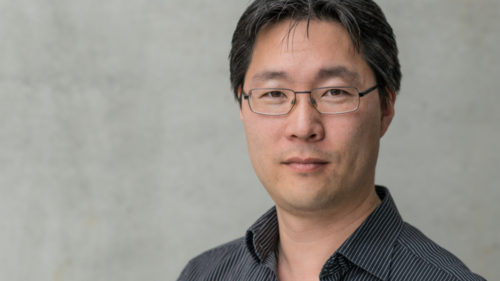When cells make you sick – new professorship for “Cytometry” at the Technical University of Berlin
A new professorship for the research area “Cytometry” has now been appointed at the Technical University of Berlin, jointly with the German Rheumatism Research Centre Berlin, a Leibniz Institute.
The cytometric measurement of cells enables to identify and examine pathogens and cells that cause diseases such as allergies, rheumatism or cancer to. Therapies can thus be developed to specifically eliminate these cells, but also to apply healing cells or probiotic bacteria.
Dr. Hyun-Dong Chang was appointed to the professorship of cytometry. Since 2017, he has been heading a research group at the DRFZ, which is studying cells and bacteria that cause chronic inflammation. Decisive funding for the research group comes from the Dr. Rolf M. Schwiete Foundation.
Dr. Rolf M. Schwiete Foundation
The Dr. Rolf M. Schwiete Foundation is a non-profit foundation located in Mannheim and has been founded on 22.06.2013, the anniversary of the death of Dr. Rolf M. Schwiete. Dr. Schwiete decreed that all of his assets shall be donated to the foundation and shall be used to promote research, particularly in the fields of medicine and chemistry, the scientific education and further training of talented young people of appropriate character, national and international education for peace, freedom and justice, and the promotion of art and culture.
Dr. Rolf M. Schwiete Foundation
Technische Universität Berlin (TU) Berlin
As a member of the Berlin University Alliance, the Technische Universität Berlin is one of the universities of excellence in Germany. With around 33,000 students and 8,000 employees, it is one of the largest technical universities in Germany. With 26 percent of its students coming from abroad, more than 400 successful international research and teaching cooperations worldwide, and a satellite campus in El Gouna, Egypt, the TU Berlin is a distinctly international university. The range of its seven faculties represents a unique combination of natural and technical sciences with planning-, economic-, social sciences and humanities at a technical university. Its wide range of subjects makes it possible to holistically consider and address urgent future issues such as digitalization, sustainability and climate protection. Developing science and technology for the benefit of our society is the focus of Technische Universität Berlin.


 Deutsch
Deutsch
